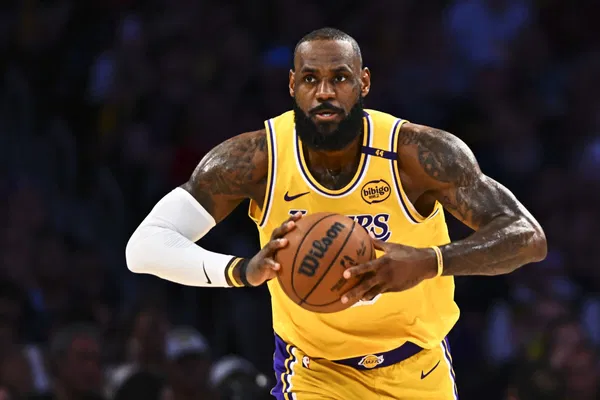The Lakers were dragging. It felt like LeBron James was fighting the game and time itself. Meanwhile, the rest of the Lakers? Looked like they were stuck in molasses. They had come out swinging, no doubt. Built a 22-point lead, kept Minnesota quiet through hustle, heart, and some old-school grit. Rebounds, stops, clutch plays—you name it, they did it.
By the second half, that lead was still hanging around at 20. It should’ve been enough to cruise to a split at home. But here’s the thing—they didn’t cruise. They crawled. The Wolves smelled blood. They got quicker. Smarter. Their energy picked up while the Lakers’ legs got heavy. The mental edge slipped, too.
Still, LA didn’t completely fold. They drew charges, wrestled for boards, and managed just enough buckets to tie the series 1-1. So what changed after the embarrassing Game 1 loss? LeBron kept it blunt when asked about the turnaround. The King didn’t sugarcoat it. “Um, we understood it was a playoff game. And that’s—that’s the difference,” he replied.
That one-liner summed up LA’s shift in focus. Game 1 had exposed the Lakers’ lack of urgency. Game 2, though? They came out like a team that finally understood what was at stake. But just when the Lakers thought they’d found their footing in Game 2, the challenge ahead got even more intense. Game 3 shifts to Minnesota—and the problems are only beginning to surface. The crowd will be louder, the stakes higher, and the margin for error even thinner.
When asked about heading to Minnesota, the LeBron didn’t dodge the reality of what’s coming. LeBron responded, “Um, hostile environment, but uh, we got to come in with the same mindset as we had tonight. Understanding it’s a playoff game, no possessions we could take off. We got to play with intensity, energy, and effort. You’re not dog a– tired after this game, um, after any of these games, then you didn’t give it all you asked. So that’s what it’s about.”
In that one moment, he set the tone. This isn’t the regular season anymore. There’s no room for coasting or checking out for a possession or two. Not when the Timberwolves are breathing down their necks and home court shifts to a hostile crowd up north. But that “dog a– tired” line? It’s not just colorful language—it’s a challenge. A call for accountability. He’s essentially saying: If you’re walking off that court with energy left in the tank, you’re letting the team down.
And that kind of message hits harder when it comes from someone who’s still setting the standard himself, even in Year 22. So yeah—Game 2 might’ve been a win. But heading into Game 3, LeBron just made it clear: there are no shortcuts.
